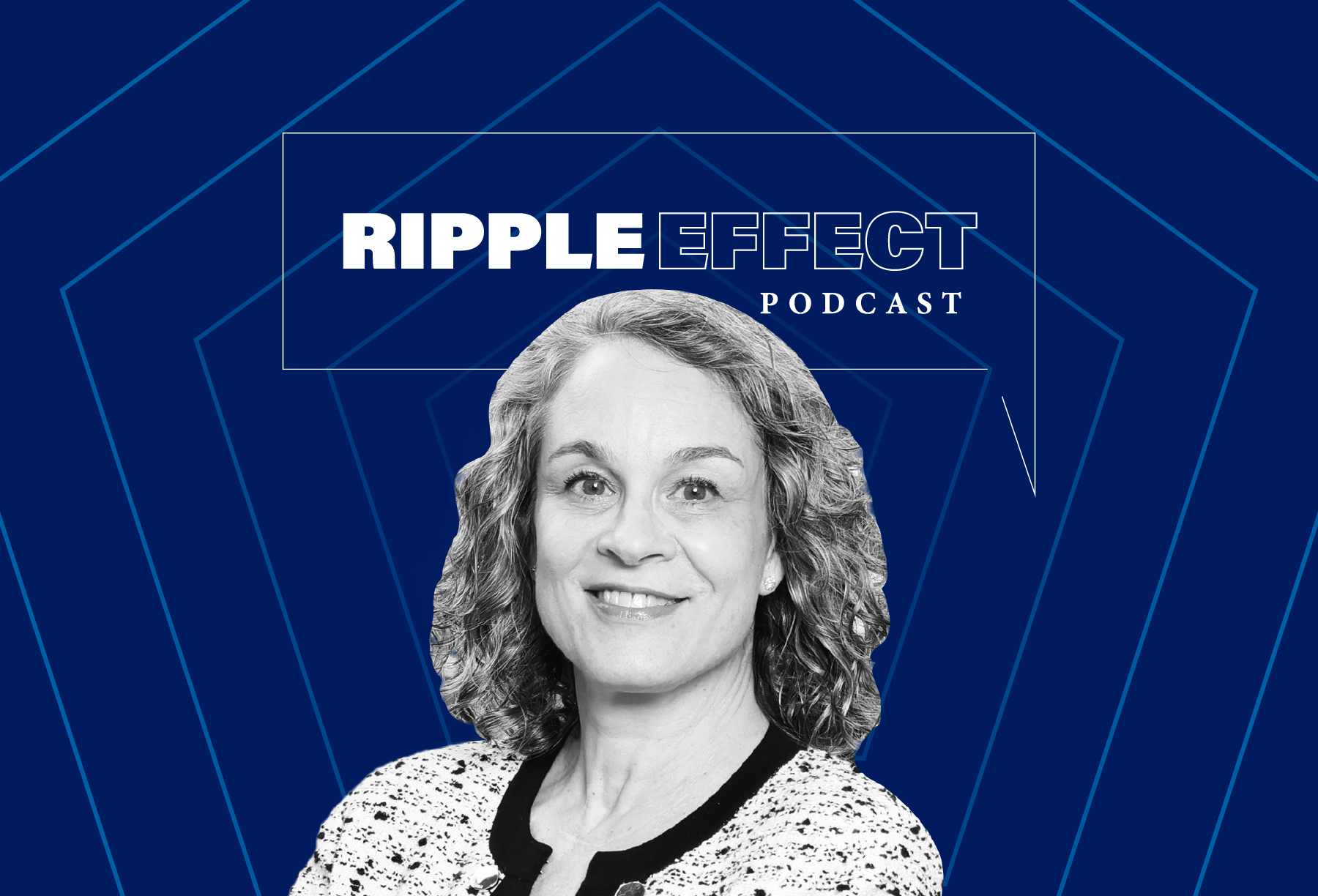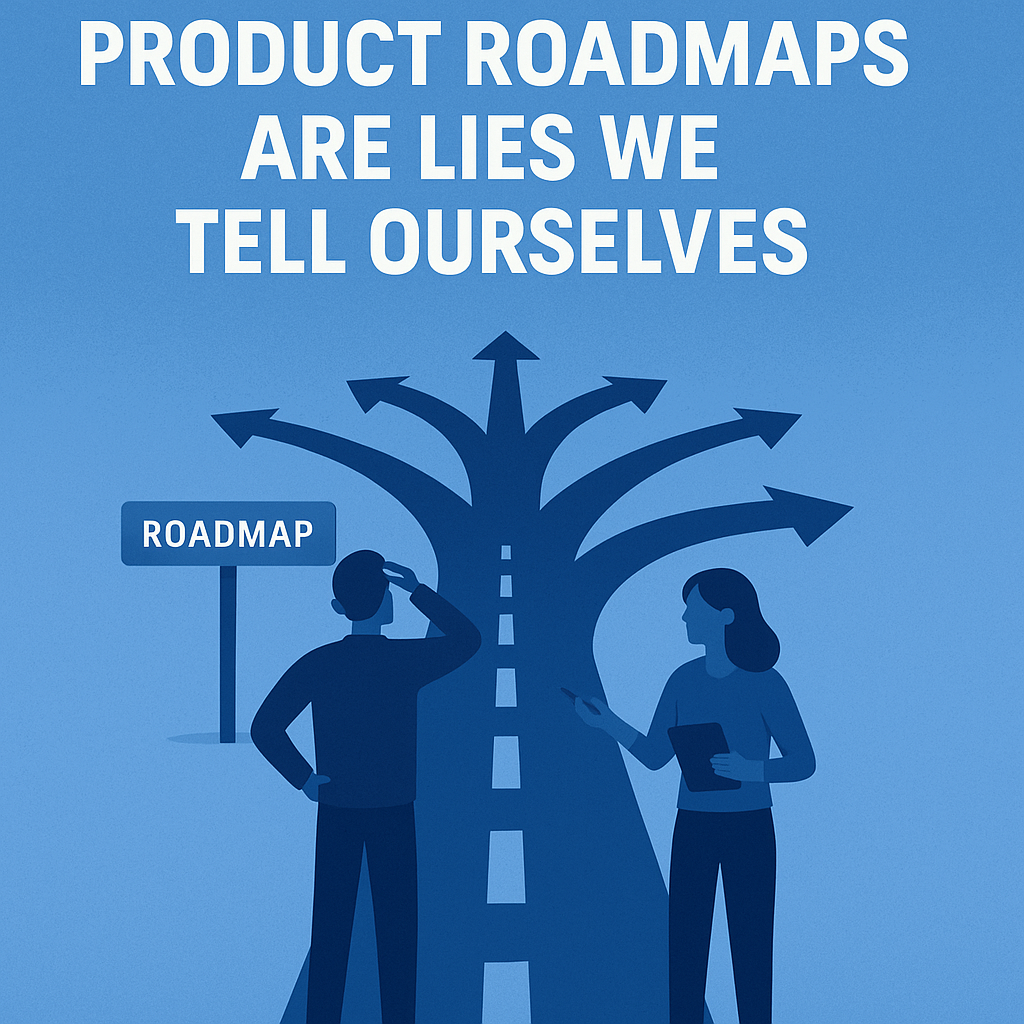Rose Marcario is doubling down on her values
As the CEO of Patagonia, Rose Marcario stood out as one of the most outspoken voices in business against President Donald Trump during his first term. Under her leadership, Patagonia even sued the Trump administration after he issued a proclamation to shrink public land in two national monuments in Utah. Now, in the midst of Trump’s second term, Marcario is no longer at the helm of the progressive outdoor apparel company, but she’s still taking a stand. As companies pull back on DEI initiatives, backtrack on climate commitments, and generally take a quieter approach to politics, Marcario is doubling down on her belief that businesses can—and must—be “the greatest force for good,” as she says. “It’s only a failure of imagination that makes us think any differently.” This isn’t a new fight for Marcario. As the CEO of Patagonia, she expanded the outdoor apparel brand’s environmental commitments, oversaw its foray into sustainable food through Patagonia Provisions, and embarked on ambitious political activism, including Patagonia’s fight to preserve public land. And she did all that while turning Patagonia from a $100 million company to a $1.5 billion company over the course of her 12-year tenure. Marcario left Patagonia in 2020. The following year, she became a partner at ReGen Ventures, a climate-focused venture fund investing in early-stage founders who are building regenerative technologies, such as making food from CO2 or cleaning up wastewater while also sequestering carbon emissions. She’s also now the chair of EV company Rivian’s nonprofit, Rivian Foundation, and founding board member of SPUN, the Society for the Protection of Underground Networks, a scientific initiative to map and protect the planet’s trillions of miles of underground fungi. (Marcario was also previously on the board of plant-based meat brand Meati, but left that role about a year ago; Meati is still part of ReGen’s portfolio.) It’s these wide-ranging roles that allow her to double down on her vision. Being at ReGen gives her a “breadth” that she didn’t have as a CEO, she says. Instead of just steering one company, she’s supporting a swath of purpose-driven businesses, investing in solutions across agriculture, sustainable materials (like leather made from food waste), and more. That includes BurnBot, a startup that is mitigating wildfire risk with automated machines to carry out prescribed burns, for which ReGen led the $20 million Series A funding round in April 2024. Or Aigen, a fleet of solar-powered weeding robots that eliminates the need for harmful herbicides. ReGen led its $12 million Series A in 2023. “Rose has delivered economic outcomes as good as anyone—billions in sales, exponential growth, category-leading profitability . . . and built generational brands that stand for things that everyone else shies away from,” says Dan Fitzgerald, managing partner and founder of ReGen. Even at Patagonia, though, Marcario was thinking beyond apparel. She cofounded the Regenerative Organic Alliance, a program to certify growers on the most climate-friendly agricultural practices, and spearheaded the formation of Patagonia Provisions, the clothing company’s sustainable food arm. Those efforts speak to Marcario’s ability to be on the forefront of innovation, says Robyn O’Brien, a food and climate expert who consulted with Marcario when she was first conceptualizing Patagonia Provisions. “In any industry, there’s always the tip of the sphere, the early adopters, the early whistleblowers. And she’s just consistently been that,” says O’Brien. Supporting an array of purpose-driven entrepreneurs plays to Marcario’s strengths. “She possesses the rare ability to see—really see—and empower individuals,” says Birgit Cameron, cofounder and former head of Patagonia Provisions. By working outside of Patagonia, Marcario can take her bold way of thinking and “ripple it out” to other companies and industries, Cameron adds. That was Marcario’s goal. “I left Patagonia primarily because I felt like I had more to offer the world,” she says. “Selling outdoor clothing at a time when our planetary crisis is so dire did not feel like the best utilization of my time and my skills. Focusing on entrepreneurship that is based on regenerating the planet, and creating a regenerative future, to me felt like a much more positive and impactful way to spend this next season of my career.” A regenerative future means building an economy based on businesses and technologies that restore ecosystems and planetary resources, rather than just depleting them. “We have to base our economic activity in the coming decades not on doing less damage, but on an economy that actively heals,” she says. At the beginning of 2025, Marcario penned an op-ed in Time about the importance of this way of doing business. Our current destructive economic model is “running out of runway,” she wrote. That sounds alarming, and it is: The world is warming at rec

As the CEO of Patagonia, Rose Marcario stood out as one of the most outspoken voices in business against President Donald Trump during his first term. Under her leadership, Patagonia even sued the Trump administration after he issued a proclamation to shrink public land in two national monuments in Utah.
Now, in the midst of Trump’s second term, Marcario is no longer at the helm of the progressive outdoor apparel company, but she’s still taking a stand. As companies pull back on DEI initiatives, backtrack on climate commitments, and generally take a quieter approach to politics, Marcario is doubling down on her belief that businesses can—and must—be “the greatest force for good,” as she says. “It’s only a failure of imagination that makes us think any differently.”
This isn’t a new fight for Marcario. As the CEO of Patagonia, she expanded the outdoor apparel brand’s environmental commitments, oversaw its foray into sustainable food through Patagonia Provisions, and embarked on ambitious political activism, including Patagonia’s fight to preserve public land. And she did all that while turning Patagonia from a $100 million company to a $1.5 billion company over the course of her 12-year tenure.
Marcario left Patagonia in 2020. The following year, she became a partner at ReGen Ventures, a climate-focused venture fund investing in early-stage founders who are building regenerative technologies, such as making food from CO2 or cleaning up wastewater while also sequestering carbon emissions. She’s also now the chair of EV company Rivian’s nonprofit, Rivian Foundation, and founding board member of SPUN, the Society for the Protection of Underground Networks, a scientific initiative to map and protect the planet’s trillions of miles of underground fungi. (Marcario was also previously on the board of plant-based meat brand Meati, but left that role about a year ago; Meati is still part of ReGen’s portfolio.)
It’s these wide-ranging roles that allow her to double down on her vision. Being at ReGen gives her a “breadth” that she didn’t have as a CEO, she says. Instead of just steering one company, she’s supporting a swath of purpose-driven businesses, investing in solutions across agriculture, sustainable materials (like leather made from food waste), and more.
That includes BurnBot, a startup that is mitigating wildfire risk with automated machines to carry out prescribed burns, for which ReGen led the $20 million Series A funding round in April 2024. Or Aigen, a fleet of solar-powered weeding robots that eliminates the need for harmful herbicides. ReGen led its $12 million Series A in 2023.
“Rose has delivered economic outcomes as good as anyone—billions in sales, exponential growth, category-leading profitability . . . and built generational brands that stand for things that everyone else shies away from,” says Dan Fitzgerald, managing partner and founder of ReGen.
Even at Patagonia, though, Marcario was thinking beyond apparel. She cofounded the Regenerative Organic Alliance, a program to certify growers on the most climate-friendly agricultural practices, and spearheaded the formation of Patagonia Provisions, the clothing company’s sustainable food arm. Those efforts speak to Marcario’s ability to be on the forefront of innovation, says Robyn O’Brien, a food and climate expert who consulted with Marcario when she was first conceptualizing Patagonia Provisions. “In any industry, there’s always the tip of the sphere, the early adopters, the early whistleblowers. And she’s just consistently been that,” says O’Brien.
Supporting an array of purpose-driven entrepreneurs plays to Marcario’s strengths. “She possesses the rare ability to see—really see—and empower individuals,” says Birgit Cameron, cofounder and former head of Patagonia Provisions. By working outside of Patagonia, Marcario can take her bold way of thinking and “ripple it out” to other companies and industries, Cameron adds.
That was Marcario’s goal. “I left Patagonia primarily because I felt like I had more to offer the world,” she says. “Selling outdoor clothing at a time when our planetary crisis is so dire did not feel like the best utilization of my time and my skills. Focusing on entrepreneurship that is based on regenerating the planet, and creating a regenerative future, to me felt like a much more positive and impactful way to spend this next season of my career.”
A regenerative future means building an economy based on businesses and technologies that restore ecosystems and planetary resources, rather than just depleting them. “We have to base our economic activity in the coming decades not on doing less damage, but on an economy that actively heals,” she says. At the beginning of 2025, Marcario penned an op-ed in Time about the importance of this way of doing business. Our current destructive economic model is “running out of runway,” she wrote.
That sounds alarming, and it is: The world is warming at record levels, and as the planet heats up, economic performance goes down. Every 1 degree Celsius that the Earth’s temperature increases can be linked to a 12% drop in global GDP. The Trump administration is exacerbating this crisis. The president has once again pulled the U.S. out of the Paris climate agreement, decimated millions in climate research, weakened environmental protections, and has given industrial companies free rein to pollute. He’s also launched attacks against DEI programs, causing some companies to back away from their commitments to inclusion and diversity, including their support for LGBTQ+ rights.
Marcario isn’t shrinking in the face of those challenges. “It’s so important, as an LGBTQ person, to be out, to be visible, to support especially our trans community that is being used as a political tool right now in such a negative way,” she says. “It becomes even more necessary to double down and to show courage and leadership.”
Despite these challenges, she says she’s still hopeful about the future, especially when she looks at ReGen’s portfolio. Along with BurnBot and Aigen, ReGen has invested in Arkeon, which turns CO2 into proteins; Banyu Carbon, which sequesters carbon dioxide from seawater; and Ulysses, which uses robots to restore seagrass; among other companies.
These are all solutions “that are about making the world better and more livable for everybody,” Marcario says. “[These companies are] not spending time debating whether inclusivity and diversity is a good thing. They know it, and they’re moving forward.” She’s also excited to be working with chef Dan Barber who started Row 7 Seed Company, which has recently been rolling out its new non-GMO breeds of produce at Whole Foods, and she’s looking forward to the debut of Rivian’s R2 electric truck, set to begin production in the first half of 2026.
Marcario is supporting all these innovations because she doesn’t change her values based on how the political winds are blowing. She advises other business leaders who want to have a long-lasting impact to do the same. “Cultivate your courage, don’t obey in advance, trust that customers will vote with their dollars and reward your commitments to your long-term values,” she says. “The brands of long-term views, strong identities and followership, they don’t equivocate.”

































































![https //g.co/recover for help [1-866-719-1006]](https://newsquo.com/uploads/images/202506/image_430x256_684949454da3e.jpg)









































































